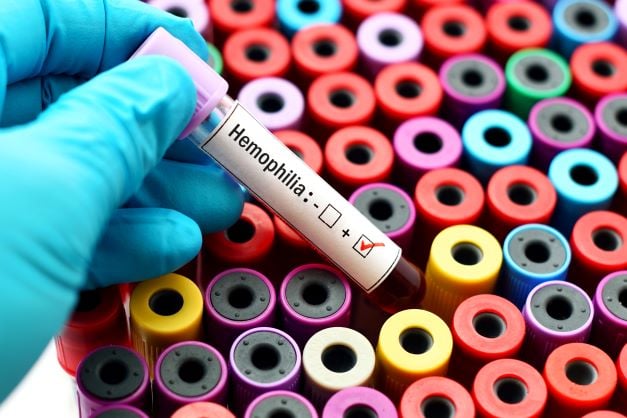预约演示
Evernorth's Accredo launches care management program for rare, complex conditions
2023-04-11
基因疗法

Preview
来源: FierceHealthcare
Patients "often need help not just receiving but also taking their medications," said Matt Perlberg, president of pharmacy for Evernorth Health Services.
The program will launch first for patients with hemophilia but will expand to cover other conditions in the future. Hemophilia was chosen first because there is a mix of treatment options available, including a gene therapy, with costs that can vary widely.
"Rare diseases continue to challenge our healthcare system, and for patients there are often very limited or very expensive therapy options available," Matt Perlberg, president of pharmacy for Evernorth Health Services, told Fierce Healthcare. "When these medications do come to market, they can be highly complex and can have very strict handling requirements."
Patients "often need help not just receiving but also taking their medications," he said.
Through TRC Plus, patients and plan sponsors alike can access a suite of solutions that aim to make it easier to manage cost and dispension of these therapies. Patients can connect with an Accredo pharmacist as their gateway to the care team, making it clear who can answer their questions and provide direction about their care.
Discounts will be available on all treatment options, including gene therapies, and dispensers can use a dose calculator tool to ensure they've providing appropriate dosages to patients.
Plan sponsors will have access to Accredo's experience in specialty pharmacy as well as a network that includes 100% of in-market therapes for hemophilia. Plan sponsors can also use a new dashboard that offers patient-specific utilization and spend data and can be used to project future utilization trends.
Perlberg said clients are really looking for clinical value as well as economic value, and those data are key to allowing them to better manage these conditions while ensuring patients can access what they need.
"We wanted to target all of those areas," he said.
In a blog post, Evernorth notes that the average annual medication cost per patient to treat hemophilia is $393,000. There are also a number of factors at the individual patient level that can make it hard for plan sponsors to predict what costs may look like.
For example, hemophilia treatments are dosed based on the patient's body weight, so the more they weigh, the higher the dose will be. In addition, because vial sizes can vary, it's critical to closely calculate the appropriate dosage to avoid dispensing more medication than is necessary.
Patients with severe hemophilia will more frequently have bleeding episodes, each of which must be treated. Activity is encouraged to help patients avoid spontaneous episodes, but activity comes with a risk of injury, which could lead to an acute bleeding event, Mary Dorholt, vice president of clinical product solutions at Accredo, wrote in the post.
Perlberg said that Evernorth is expecting to see a lot of drug development activity around hemophilia, including new gene therapies, which is another factor in why the disease was selected as the initial focus for TRC Plus.
"We expect this year to be a fairly large year for hemophilia drug launches," he said. "It was the right time to target a solution to the disease state."
更多内容,请访问原始网站
文中所述内容并不反映新药情报库及其所属公司任何意见及观点,如有版权侵扰或错误之处,请及时联系我们,我们会在24小时内配合处理。
靶点
-药物
-生物医药百科问答
全新生物医药AI Agent 覆盖科研全链路,让突破性发现快人一步
立即开始免费试用!
智慧芽新药情报库是智慧芽专为生命科学人士构建的基于AI的创新药情报平台,助您全方位提升您的研发与决策效率。
立即开始数据试用!
智慧芽新药库数据也通过智慧芽数据服务平台,以API或者数据包形式对外开放,助您更加充分利用智慧芽新药情报信息。




